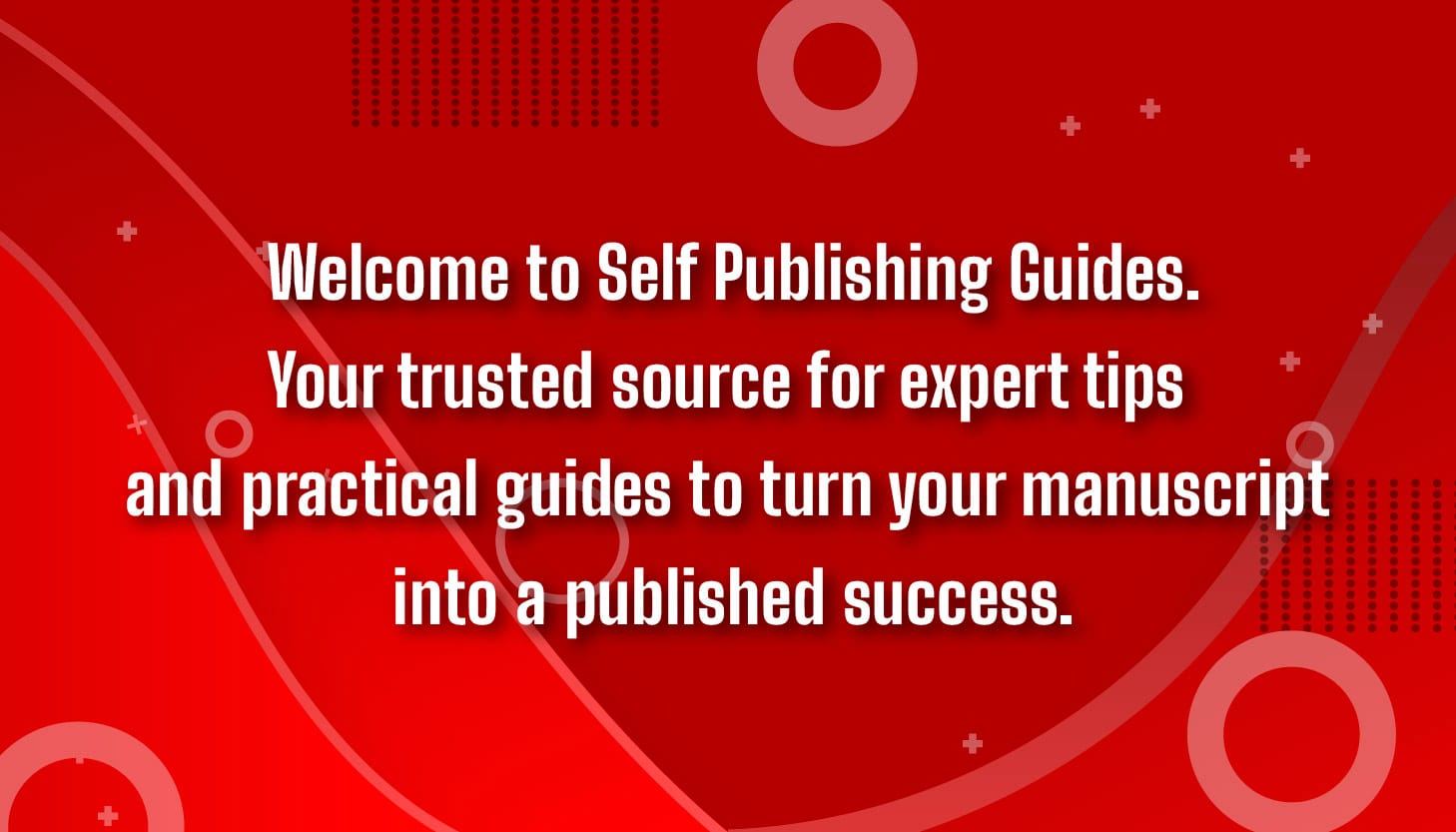
You’re a writer. You’ve got something to say. A unique way of saying it. A story only you could write. But then, as you scroll through social media or check the bestseller lists, something unsettling creeps in: every other writer seems to be following a publishing trend, and succeeding at it.
Vampires are back. Romantasy is dominating. Tropes like “enemies to lovers” and “found family” are everywhere. Suddenly, your quiet, introspective literary novel, or your experimental novella, feels… irrelevant?
If you’ve ever felt torn between writing what you love and writing what sells, you’re not alone. This is one of the most common, and quietly painful, conflicts indie authors face today, especially in the self-publishing world where visibility can feel like a daily challenge.

I. What Do Writers Mean by “Voice”?
Your writing voice is more than just the tone you write in. It’s the essence of your author’s true voice, the one that speaks from your gut, even when publishing trends seem to want something else.
It’s:
- The kinds of stories you’re drawn to tell.
- The rhythm of your sentences.
- The emotional truths you dig out of every scene.
Voice is you on the page, filtered, refined, but unmistakably personal. That is your author’s true voice, and it deserves to be protected, whether you’re writing a marketable book idea or something purely experimental.
II. What Publishing Trends Mean for Writers Today
Trends are the market waves every author notices, but few talk about navigating honestly. A trending genre or trope may tempt you to shift direction, but the question remains: will it still carry your author’s true voice, or will it bury it?
In self-publishing, following trends can bring quick visibility, but only if it doesn’t erase your originality. Your author’s true voice shouldn’t become a casualty of current hype.
III. The Core Writer Conflict: Relevance vs. Integrity
This is where the tug-of-war begins:
Follow the trend = more potential visibility, easier marketing.
Stick to your author’s true voice = more creative satisfaction, deeper originality, longer-term loyalty.
But what if you could blend the two, creating marketable book ideas that still sound like you?
IV. When Writers Chase the Trend and Burn Out
I once tried to write a book that fit the trending mold: a morally grey romance with all the popular tropes. But my author’s true voice went missing somewhere around chapter five.
The draft felt hollow. The characters didn’t sound like me. The plot lacked heart. Why? Because I wasn’t writing from my true creative space, I was writing from fear of being left behind.
Lesson learned: In self-publishing, you can’t sustain momentum when your author’s true voice is silent.
V. When Writers Ignore the Market and Feel Invisible
I’ve also written a story purely for myself, honest, raw, original. It spoke deeply from my author’s true voice. But the market didn’t know what to do with it. No clear genre. No known comps. No hooks.
The truth? Voice without visibility can stall your reach. But visibility without voice? That’s emptiness, and it’s a trap many indie authors fall into when they focus on trends without heart.
VI. Finding the Writer’s Balance: Voice AND Relevance
Here’s the good news: you don’t have to choose.
The sweet spot lies in asking:
“How can I bring my author’s true voice into stories that readers already crave?”
This means:
- Using your voice to refresh a tired trope.
- Packaging your story in a trending format without compromising your author’s true voice.
- Honoring what you want to say while also recognizing what readers want to hear in marketable book ideas.
VII. Questions Every Writer Should Ask Before Chasing Trends
- Does this trend allow space for my author’s true voice?
- Am I genuinely excited to write this, or just scared not to?
- Can I infuse this genre with my rhythm, worldview, and emotional style?
If the answer is yes, you’ve found alignment. If not, it may be time to pull back and reconnect with your true author identity before your self-publishing journey loses its spark.
VIII. What Successful Writers Did with Their Voice
Great writers are remembered not because they followed the market but because they carved space for their voice within it.
Colleen Hoover broke genre rules by prioritizing emotional truth.
Brandon Sanderson’s loyal fanbase trusts his voice as much as his stories.
Octavia E. Butler created a space for her voice when there wasn’t one.
None of them followed blindly. But they did build bridges between what they wanted to say and what readers wanted to experience, a skill indie authors can master with the right mix of creativity and strategy.
IX. What Self-Publishing Writers Can Learn
If you’re a self-publishing writer, you have more freedom than ever before to:
- Honor your author’s true voice.
- Build an audience that loves you for your originality.
- Write in your style and still find success with smart positioning.
The key is not to mimic publishing trends, but to ask how your voice fits inside today’s reader expectations, and where it might even lead tomorrow’s.
Conclusion: Your Author’s True Voice Is What Sets You Apart
Trends will come and go. They always do. But the one thing you have that no other writer does is your writer’s true voice.
Use it. Protect it. Develop it.
It’s more than a tool; it’s your brand, your anchor, and your legacy as a writer, especially in self-publishing, where your name is your business.
Because in the end, books that last are written by indie authors who didn’t silence themselves to fit in, but who found a way to stand out with marketable book ideas that still felt like them.

